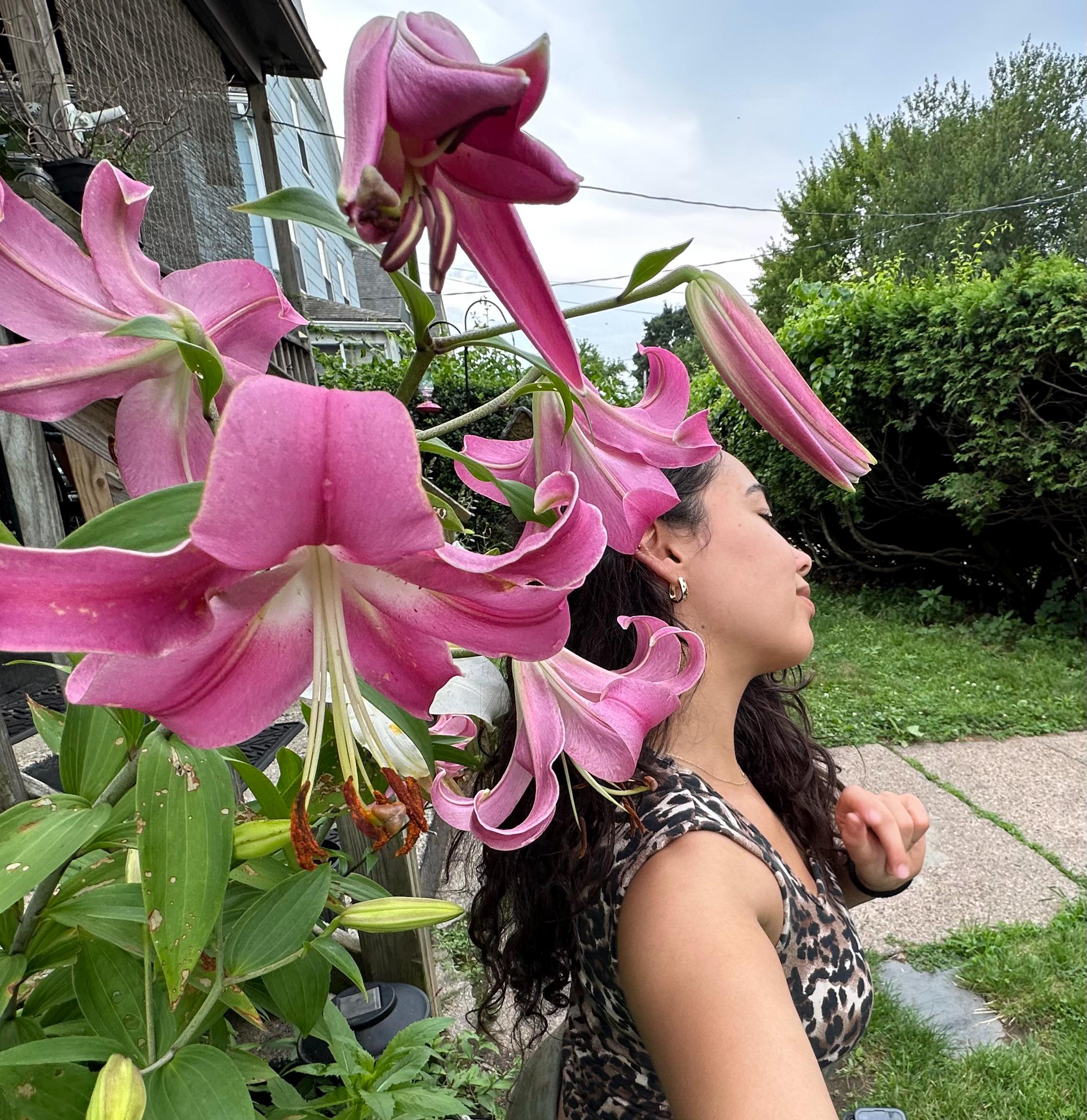Pregnancy is a beautiful and transformative time, and many women look to nature for gentle ways to support their bodies during this journey. Several herbs have been traditionally used to help ease discomfort, nourish the body, and support a healthy pregnancy. Below is a simple guide to some of the most common and beneficial herbs for pregnancy, how they help, and safe ways to use them.
Ginger is one of the most popular herbs for pregnancy, especially in the first trimester. It’s known for easing nausea and morning sickness. You can sip on ginger tea, chew on some ginger chews, or add fresh grated ginger to hot water with honey and lemon. It’s best used in small amounts to keep queasiness at bay.
Red Raspberry Leaf is often called the “pregnancy herb” because of its ability to tone the uterus and prepare the body for labor. It’s full of nutrients like iron and magnesium. Drinking it as a tea is the most common way to use it, usually starting in the second or third trimester after checking with your doctor or midwife.
Alfalfa is a powerhouse herb rich in vitamins A, C, E, and K, and minerals like iron and calcium. It can help with overall nutrition during pregnancy and may support healthy blood clotting near the end of pregnancy due to its vitamin K content. It’s commonly used in tea blends or taken in tablet or capsule form.
Chamomile is a calming herb that helps with sleep, anxiety, and digestion. A warm cup of chamomile tea before bed can help you relax and ease stomach discomfort. Use it in moderation, especially in the first trimester, and always choose organic, food-grade chamomile.
Dandelion Leaf is full of potassium and acts as a gentle diuretic, helping reduce water retention and swelling. It also supports liver function, which is important during pregnancy. It can be used in teas or added to salads and smoothies if fresh.
Moringa is extremely rich in nutrients, especially iron, calcium, and protein, making it a great herb to support a growing baby and help prevent anemia. It’s often used in powder form and can be mixed into smoothies, oatmeal, or soups. Just a small amount goes a long way.
Oat Straw is deeply nourishing for the nervous system and full of calcium and magnesium. It can help reduce stress, improve sleep, and support healthy bones and teeth for both mom and baby. It’s best used as a tea or infusion and pairs well with other pregnancy-safe herbs like nettle and lemon balm.
Nettle (also called stinging nettle) is packed with iron, calcium, and folate, which are all important during pregnancy. It helps boost energy levels and supports blood volume. Nettles are commonly used as a tea and can be part of a daily pregnancy herbal blend. Always use dried nettle leaf, not the fresh plant, which can sting.
Lemon Balm is a gentle, uplifting herb that helps with mood swings, anxiety, and digestion. It can be enjoyed as a tea or infused into water with fresh lemon for a calming and tasty drink. It’s especially helpful for emotional balance during pregnancy.
Peppermint is great for relieving bloating, gas, and nausea. A cup of peppermint tea can help ease digestive discomfort. Use it in moderation, especially in the early stages of pregnancy.
Echinacea is a supportive herb for the immune system. If you’re feeling under the weather or want to strengthen your body’s defenses during pregnancy, echinacea can be used for short periods. It’s best taken as a tea or tincture and only when needed, not daily.
While herbs can be helpful and gentle, it's important to use them with care during pregnancy. Always talk to your midwife or healthcare provider before starting any new herbs, especially if you have health conditions or are taking medications. When used safely, these herbs can offer comfort, strength, and nourishment during this special time in your life.

